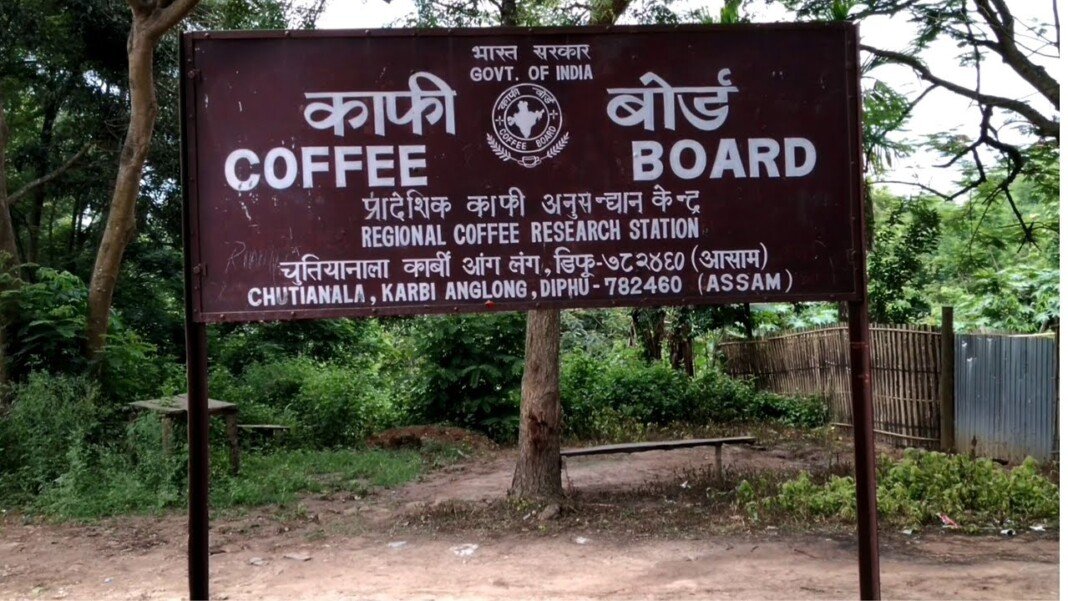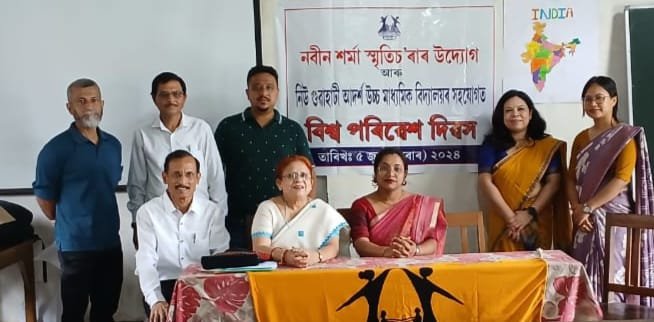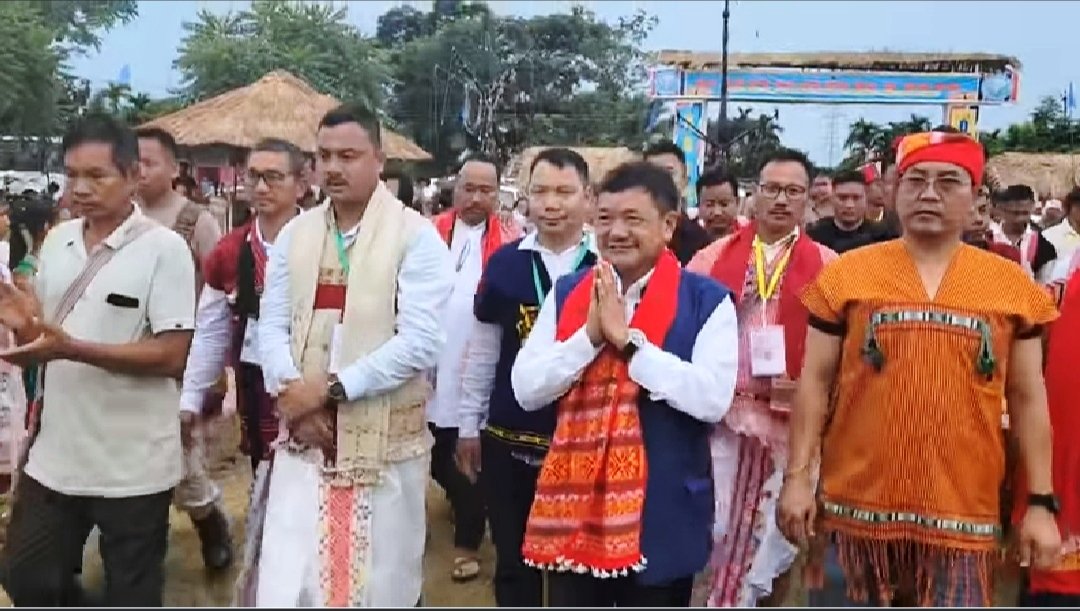HT Bureau
DIPHU, Oct 22: The Regional Coffee Research Station (RCRS) has started a six-day awareness training programme on coffee cultivation in a bid to encourage farmers to take up coffee cultivation, at the RCRS office from Tuesday onwards.
In this six-day training programme, 20 trainees will receive training on coffee cultivation per day, given its wide scope for economic viability and potential in the hilly districts of Karbi Anglong.
In the inaugural session, the principal secretary of Karbi Anglong Autonomous Council (KAAC), Mukul Kumar Saikia along with the chief scientist of Zonal Research Station of Assam Agriculture University (AAU), Dr Dayamoy Singh and Krishi Vigyan Kendra (KVK) head, Dr Subal Maibangsha lighted the inaugural lamp.
Saikia, in his speech, stressed on the need to revive coffee plantations in Karbi Anglong saying, “Depending on the soil condition, Karbi Anglong has been selected as one of most suitable land for growing coffee. The RCRS has been here for 39 years now, but very few people visited this office to gather information about growing coffee. Few people have so far taken up coffee cultivation. Coffee cultivation should be revived by encouraging people in this farming.”
The principal secretary also said the production of coffee in Northeast India is increasing and by involving more people in coffee cultivation production of coffee from the region can be increased further.
“Coffee has a life span of 40 to 45 years and during the early years, growers can introduce other crops like areca nut, Assam lemon, black pepper and citrus fruits to get yearly income,” he further said.
Encouraging more people to take up coffee plantations, the principal secretary said, “I don’t encourage people to go for tea plantations as it destroys the fertility of the soil. People should now grow coffee as it is environmentally friendly. By planting coffee one can rejuvenate the forest.”
Saikia also stressed that Karbi Anglong has tourism potential and in addition to coffee cultivation people can take up tourism activities as well.
Earlier, the deputy director, (Research), RCRS, Dr Atiqur Rahman Bora said the training programme is to improve coffee production, productivity and quality of coffee.
He said, “It is to encourage people to take up coffee cultivation. There are two types of coffee: Robusta and Arabica. Robusta coffee can be grown in Karbi Anglong, while Arabica is preferable at higher altitudes in West Karbi Anglong.”
“One of the main reasons why people abandoned coffee cultivation is due to lack of market facilities. But this problem has been solved. Buyers are now coming to buy coffee from growers,” he further added.
The deputy director also said that the RCRS conducts training for new coffee growers and promotes the production and productivity of coffee.
Chief scientist, AAU, Dr Singh strictly emphasised that the knowledge gained through this training should be implemented practically. “To be successful one should focus on one thing at a time and not too many. The time has come to bring about a coffee revolution in Karbi Anglong.”
KVK head, Dr Maibangsha stressed the need to revive the coffee plantation in Karbi Anglong for its economic potential.
Divisional officer, Soil Conservation, Biswajit Teron and DDM, NABARD, Kankhojen Vaiphei also shared their views with the attendees.
Coffee growers from the Sarihajan area were also invited to the inaugural function. On the first day of training, 20 trainees received training on scientific methods of coffee cultivation.












